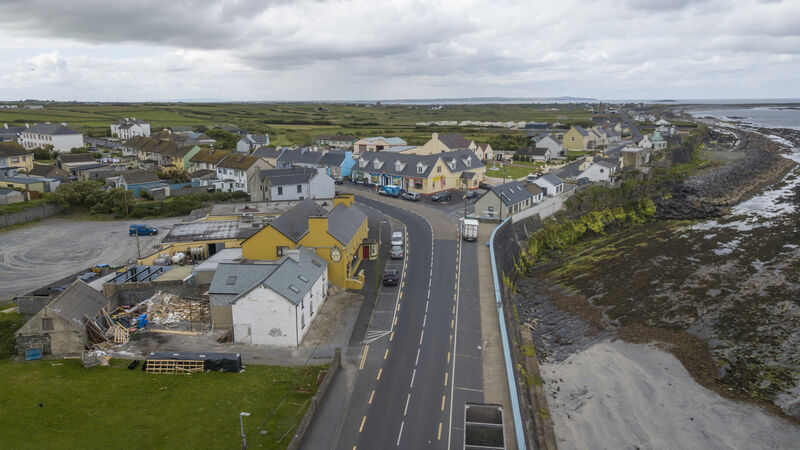Sarah Clancy: Government must invest in communities to build wealth

The fishing village of Quilty in Co Clare. Poverty in Clare will only be eradicated when these programmes are accompanied by sustained, planned investment in infrastructure and services.
Yesterday, Clare Public Participation Network launched its report ‘Towards an Anti-Poverty Strategy for Clare' at Buswell’s hotel in Dublin. This report, researched and written by Dr Conor McCabe, was commissioned by 6 community groups comprised of people who experience poverty and exclusion in County Clare. These groups include Travellers, people with disabilities, older people, women, carers, lgbtq+ people, migrants, asylum seekers, and people who experience socio-economic inequality in County Clare. They made up the steering group for this project.
Arguably this group, most of whom are already overstretched and under-funded have, with the detailed help of their researcher and their own expertise, produced one of the best pieces of work on the socio-economic context of contemporary life in that place that is often referred to as ‘rural Ireland’. The report covers a huge amount of ground and data, much of it primary research that had to be done to even paint a picture of life in Clare. However, if there are two main findings from the report they are these:
















